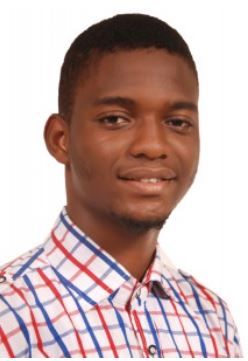African students inspire in Microsoft’s YouthSpark Challenge for Change 2015 competition
Posted by Jeffrey Avina, Citizenship Director for Middle East and Africa
I was thrilled to hear that three students from Africa made it through to the final round of the Microsoft YouthSpark Challenge for Change competition this year, with 17-year-old Saviour Okusenogu from Nigeria being named as one of the 10 grand-prize winners.
The Challenge for Change is a global contest that helps young people turn causes close to their hearts into tangible ways to do good in the world. It inspires socially-conscious youth to imagine how they would use Microsoft technology and resources to support their cause. The winners each receive $2,500 to kick-start their projects, a Windows Phone and the chance to serve as a Microsoft YouthSpark advocate, along with a leadership-development trip to Nicaragua that promises an unforgettable experience doing hands-on volunteer work.

Some of the other African finalists were Alia ElKattan from Egypt, Chinenye Ezeakor from Nigeria and Nwodo James from Nigeria. Alia runs the ‘Learning Through Making (For School Students) program to encourage high school students to get involved in DIY. Engineering student, Chinenye believes she has a responsibility to help develop the minds of young girls and is doing so through the ‘Women in STEM-AFRICA’ outreach program at her local university. James’ innovative idea came from his concern with the dying reading culture among Nigerian students, and he aims to encourage reading by making technological gadgets suitable for reading. All three finalists shared the compelling ways they feel that Microsoft technology can assist them in their initiatives.
At Microsoft we are heavily invested in empowering and inspiring young people to spark change in the world – after all, some of the most significant positive changes in history have come from the burning desire of young people doing something to change not only their own lives, but the lives of those around them. It is really encouraging to see this great work and inspiring innovation coming out of Africa and I commend youths like Saviour and the other finalists for their hard work and vision.